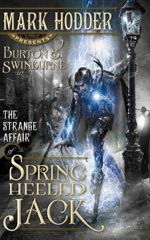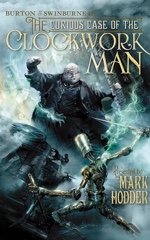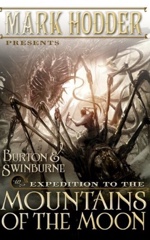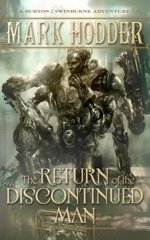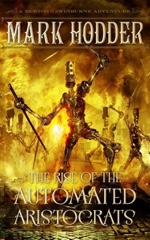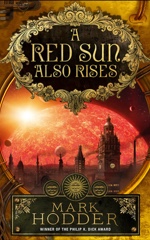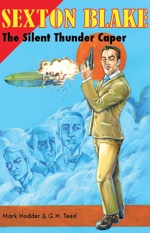MIDWORLD
by Alan Dean Foster
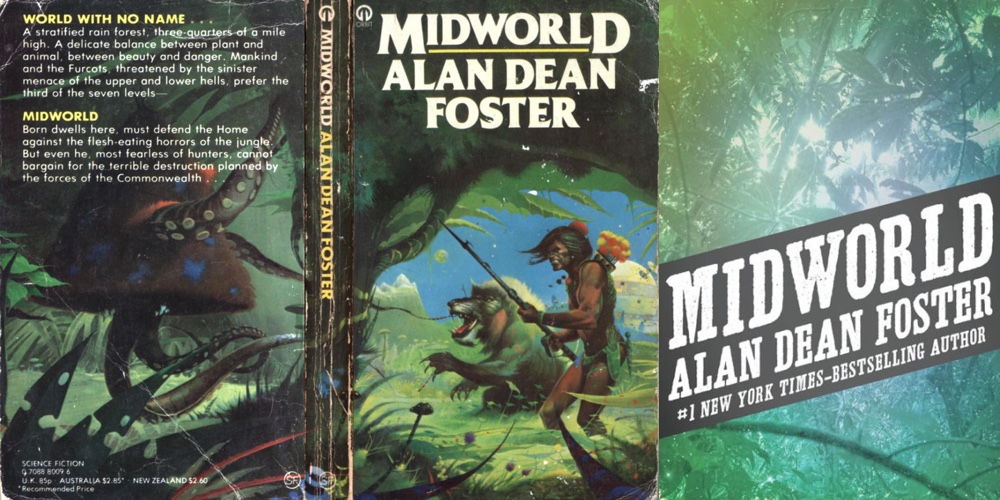
I wish I’d written this ...
... because it creates an immersive world of sappy, juicy, dripping flora.
Somewhat reminiscent of Aldiss’s HOTHOUSE, and reputedly an inspiration for Cameron’s AVATAR, this is a very atmospheric and engaging novel. The writing is fairly straightforward, but the tale is a good one and the pace never flags. I thoroughly enjoyed it.
From the publisher
Born was a child of the rain forest that covered Midworld, part of the primitive society that the peaceful jungle planet had sustained for hundreds of years. He was wise in the ways of his world, and he knew well the precarious natural balance that governed all things.
Then one day the aliens came. Giants. They knew nothing of the Upper or Lower Hell — and they cared less. Born had risked his life to save them, to guide them through the myriad tangled boughs, past unseen, unsuspected dangers lurking in the underbrush. But worse than their ignorance of how to survive, the aliens had plans for Midworld, plans that could utterly destroy the globe-spanning forest that his people called home.
As the days passed, Born realized his mistake. And as he had once hunted only to live, he knew now that he would be forced to live only to kill ...
The first chapter
World with no name.
Green it was.
Green and gravid.
It lay supine in a sea of sibilant jet, a festering emerald in the universe-ocean. It did not support life. Rather, on its surface life exploded, erupted, multiplied, and thrived beyond imagining. From a soil base so rich it all but lived itself, a verdant magma spilled forth to inundate the land.
And it was green. Oh, it was a green so bright it had its own special niche in the spectrum of the impossible, a green pervasive, an everywhere-all-at-once, omnipotent green.
World of a chlorophyllous god.
Save for a few pockets of rancid blue, the oceans themselves were green from a surfeit of drifting plant life that nearly strangled the waters. The mountains were green until they blended into green froth; only at the heights did lichens battle with creeping ice as on most worlds waves warred with the land. Even the air had a pale green cast to it, so that looking through it one would seem to be staring through lenses cut from purest peridot.
There was no question of the planet's ability to support life. Rather, it was a question of its supporting too much life, too well.
Even so, in all the life that grew and flew and fought and died on the most fertile globe in the heavens, there was not a single creature that thought—not in the manner in which thought is usually and comfortably defined.
It must be considered that that which inhabited the world with no name regarded the universe in a fashion other than usual ... if anything did so at all. Oh, there were the furcots, of course, but they had not even a name that could be called a name until the people came.
They arrived, these people did, on the way to some place else. To the commander and officers of the colony ship, who studied and cursed and ranted at their controls and coordinates, it was a clear case of a malign accident. This was not the planet to which their automatic pilot should have brought them. Now they were in orbit, with no fuel to go anywhere else, without proper equipment to settle on this world, without time or way to call for help. They would have to make do with this calamitous landfall.
The colonists voted a Soviet ballot and set about the matter of bringing civilization to this world. They were tired and desperate, and overconfident, but unprepared.
They put down in that green hell. It filtered out the preponderance of human chaff from the seed grain right quick and neat, and ate them alive. And it changed those it didn't.
Mankind in those early days was used to controlling the universe, by force if necessary. Those who held to such practice did not beget a second generation on the world with no name. A few, less constrained by pride and more resilient, survived and had children. Their offspring grew up with no illusions about the supremacy of humankind, or anykind. They matured and observed the world around them through different eyes.
Roll the log.
Give and take.
Bend with the wind.
Adapt, adapt, adapt ... !

